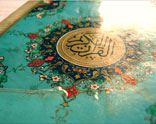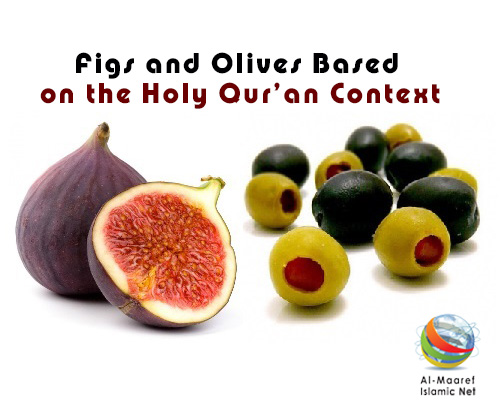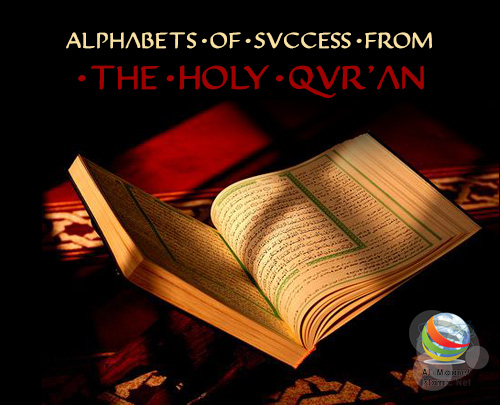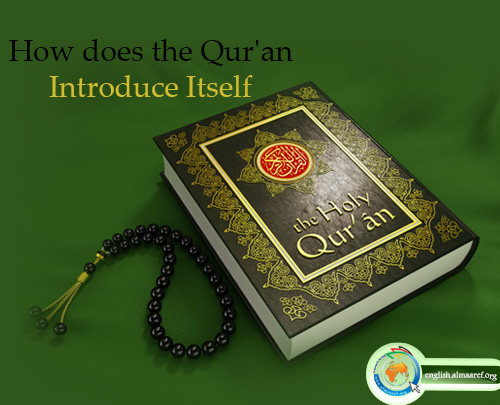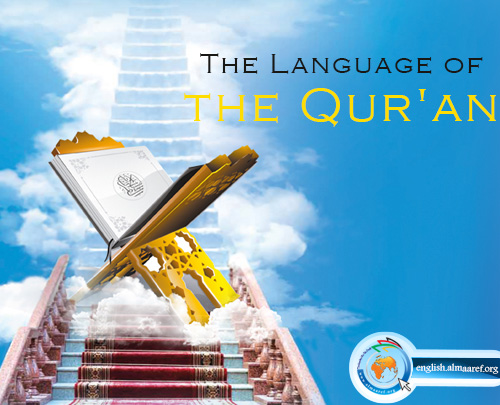The Prophet of Islam began conveying his heavenly messages in the midst of society where people’s minds revolved exclusively around eloquent speech and the composition of beautiful and attractive poetry and literary excellence. Under these conditions, God equipped His prophet with a weapon, the Quran, that apparently belonged to the same category as the literary works of the age but possessed unique and astonishing characteristics that were beyond the capacity of the human being to reproduce.
a- The Role of Poetry in the lives of the Pre-Islamic Arabs
To understand why Muhammad's strongest argument or miracle was a book, the Holy Quran, it is necessary to understand the role language and linguistic composition played in the lives of the pre-Islamic Arabs. It is also important to understand the nature of the Arabic language itself during the pre-Islamic period. This understanding will help to show why the revelation of the Quran through Muhammad (peace be upon him and his household) found attentive ears among his contemporaries, who not only were articulate users of the language but held those skilled in the arts of linguistic composition in high esteem.
Before the rise of Islam, Arabic was mainly a spoken language with an oral literature of elaborate poetry and, to a lesser extent, prose. Writing had not yet fully developed and memorization was the most common means of preserving the literature. Both poetry and prose in the pre-Islamic era dealt with a rather limited range of topics which included in the case of poetry praise, eulogy (panegyric), defamation, and love, and in the case of prose superstition, legends, parables, and wisdom tales.
Pre-Islamic Arabs took great pride in their language and in articulate and accurate speech, the latter being one of the main requisites for social prominence. On this particular point, Professor Hitti writes: "No people in the world manifest such enthusiastic admiration for literary expression and are moved by the word, spoken or written, as the Arabs. Hardly any language seems capable of exercising over the minds of its users such an irresistible influence as Arabic".
Such was the role that the spoken word played in the life of pre-Islamic Arabs. With the emphasis placed on eloquent and articulate speech, the prominent position occupied by those who had the talent for linguistic composition, and the pride the early Arabs took in their language, it is little wonder that the Quran was revealed in the most eloquent, articulate, and elaborate style the Arabic language has known. The Quran has without doubt provided a level of linguistic excellence unparalleled in the history of the Arabic language.
Theologians explain this phenomenon as God's wisdom in addressing the articulate Arabs through the medium in which they were most adept and with which they felt most comfortable. The effectiveness of the Quran was thus ensured by the fact that it represented a level of eloquence unattainable even by their most eloquent speakers.
b- Miracles should be relevant to the time
God offered the Quran as the Prophet's sign in the same way as He offered signs for all the other prophets. He sent the things most appropriate to the time in which they were sent. Thus Prophet Musa (A.S.) had the power to divide the sea with his hand and rod, and to let the rock burst forth with water in the desert, and all his other signs in a time of magic. And Prophet Issa (A.S.) had the power to bring the dead back to life, to make birds out of clay, to cure those who had been blind from birth and the leprous, and all his other signs in a time of medicine. And Prophet Muhammad (peace be upon him and his household) had the book and all his other signs in a time of eloquence.
If the Prophet had performed some miracle other than the Quran, it would have no meaning for that people, given their mental structure. The path would have been open for all kinds of doubt and hesitation. But the Arabs of that age who were addressed by the Quran could never have any doubts about its extraordinary eloquence, for they were all aware of all the mysteries of rhetoric and had living among them masters of language and literary composition, hence their admitting that the Quran could not have been the production of Prophet Muhammad (peace be upon him and his household).
* Authenticity of the Quran by Shaikh Muslim Bhanji. Chapter 2: "The Exclusive Eloquence of the Quran". Published by: Tabligh Centre of KSI Jamat – Daressalaam. Reproduced with permission by the Ahlul Bayt Digital Islamic Library Project team.


